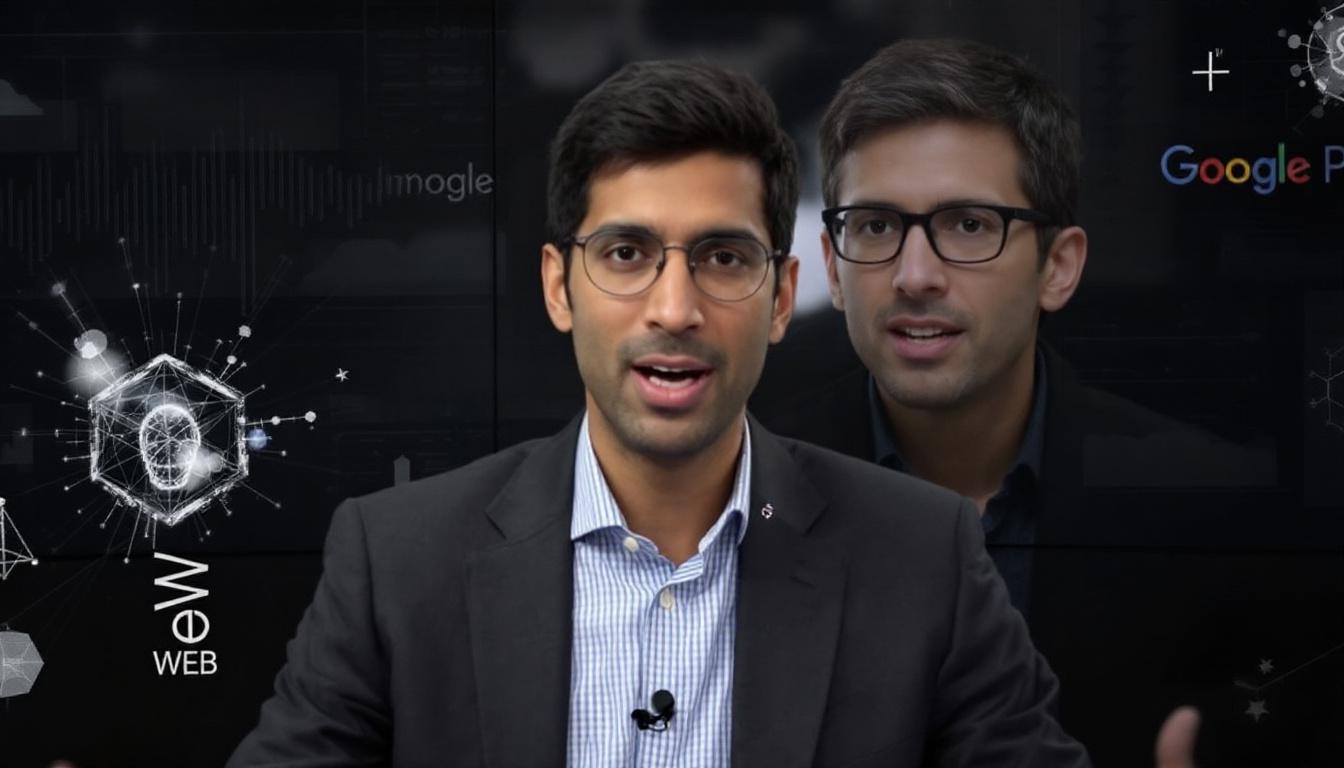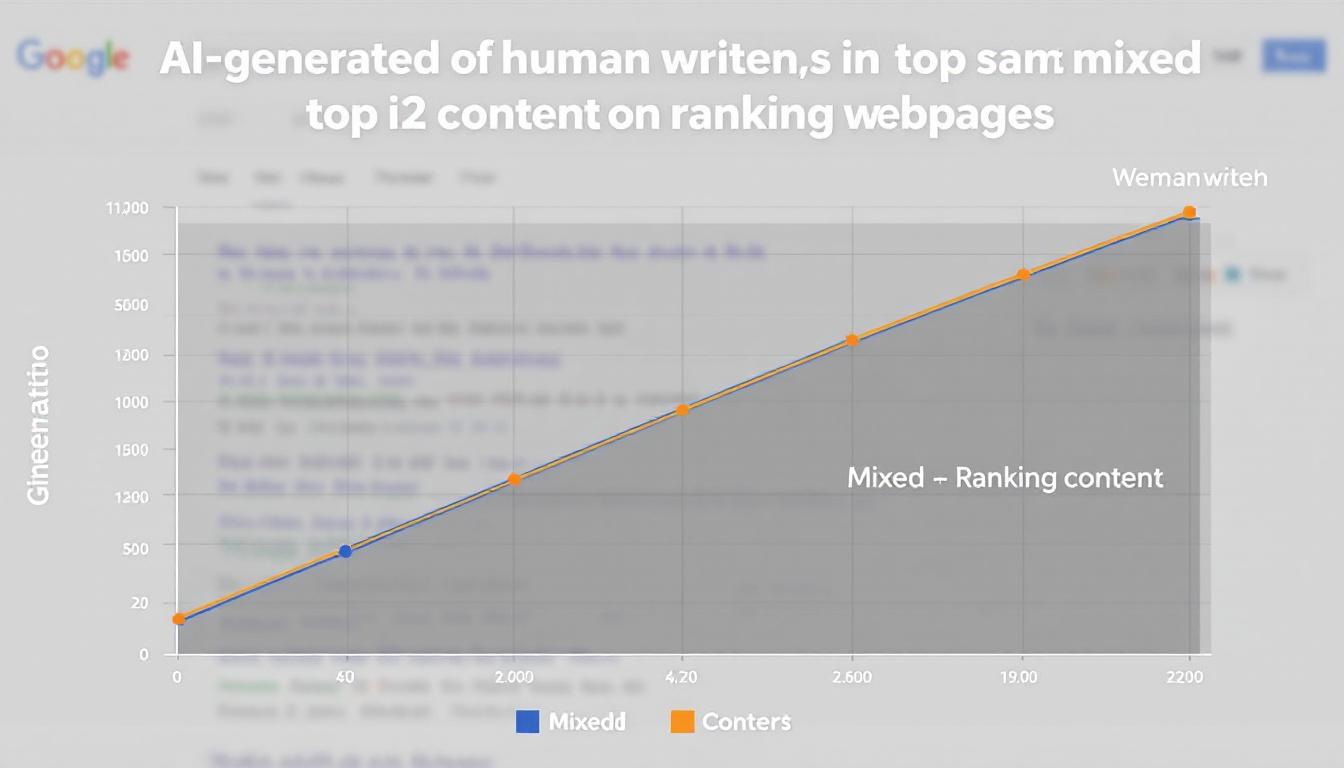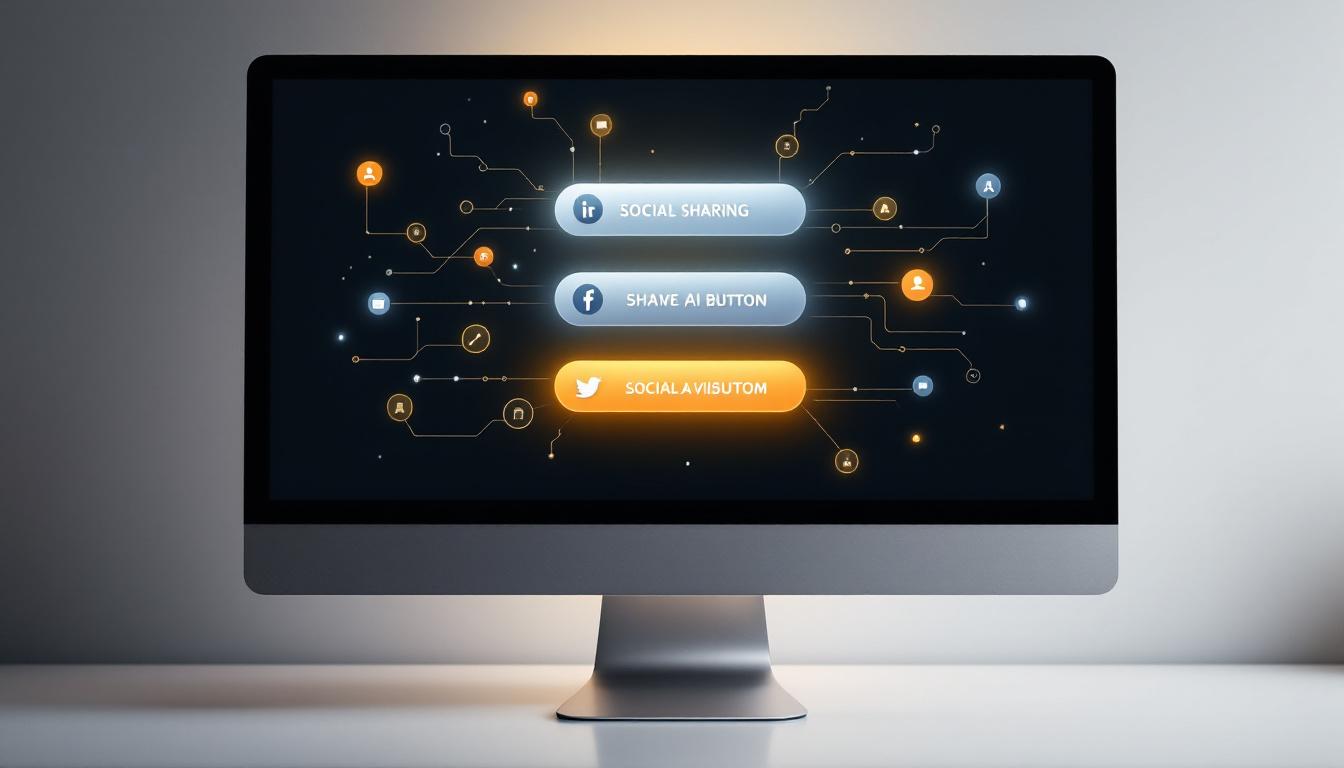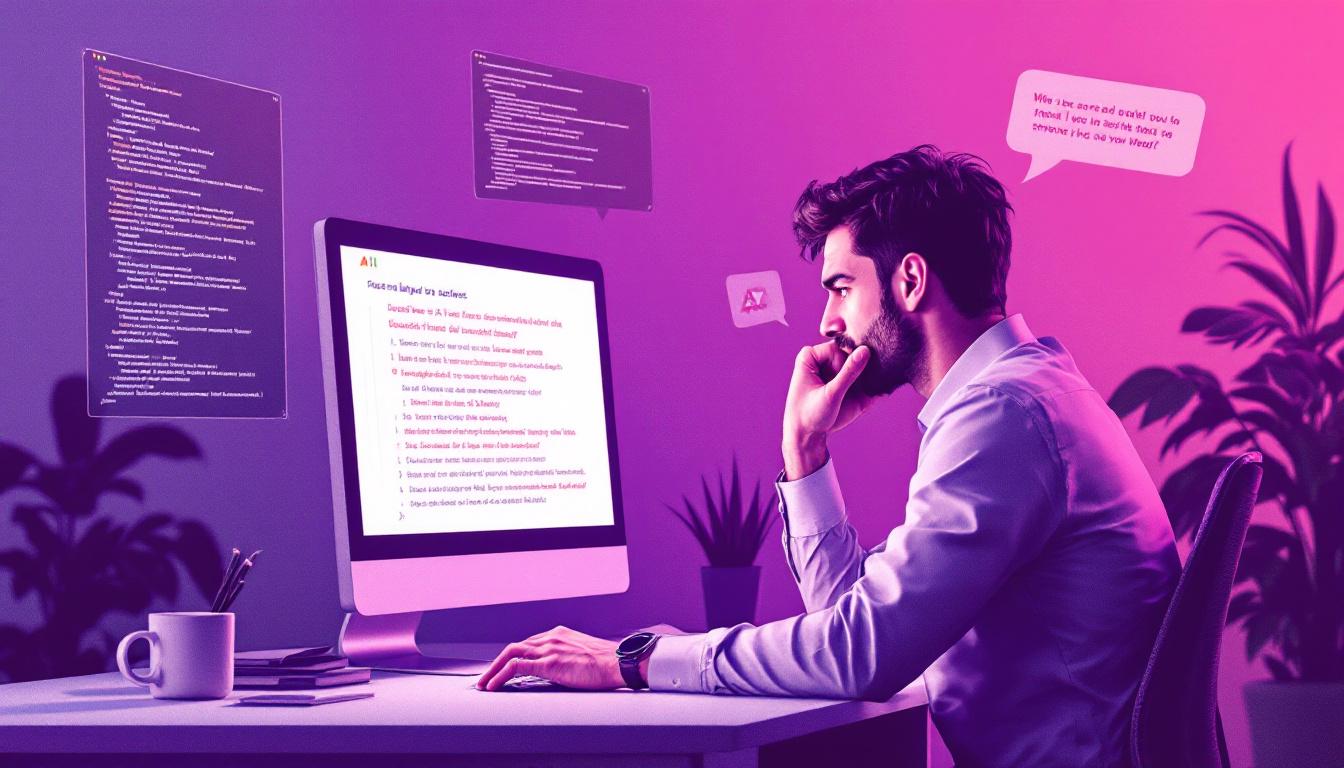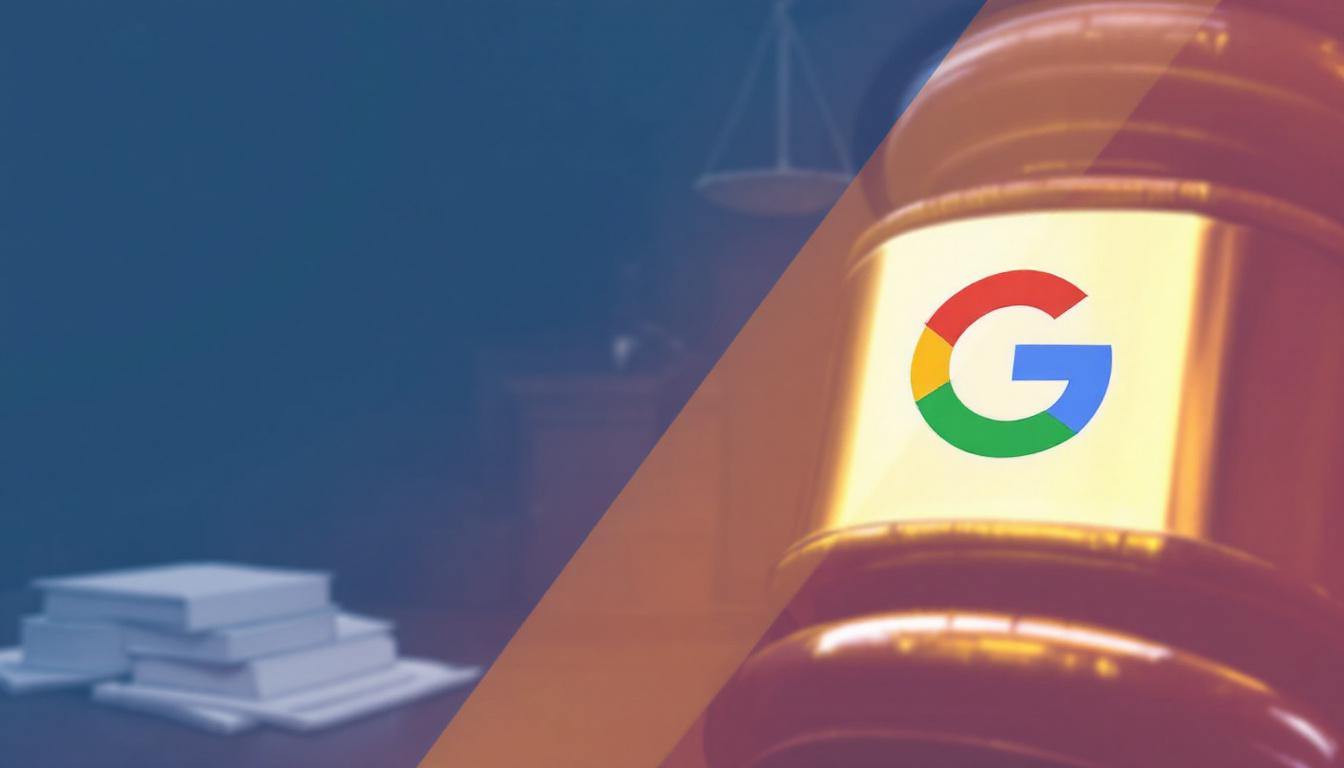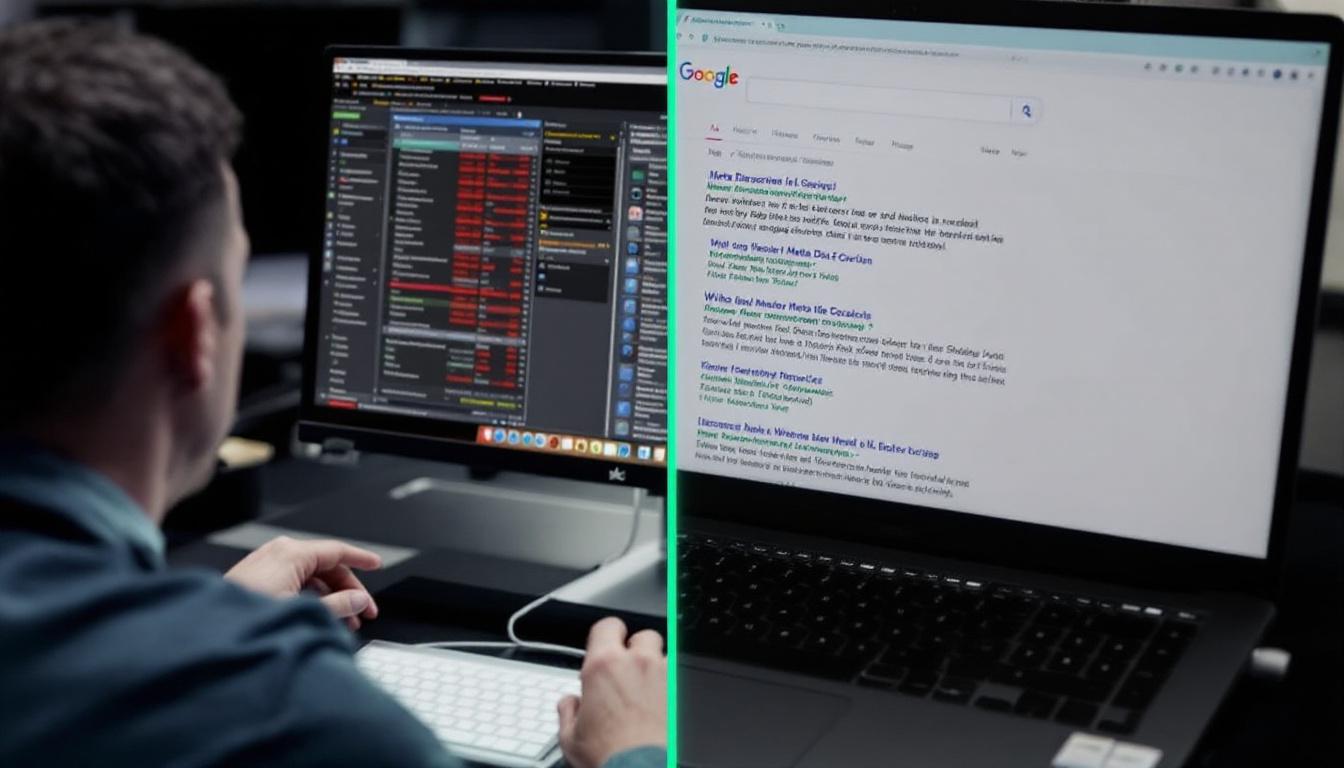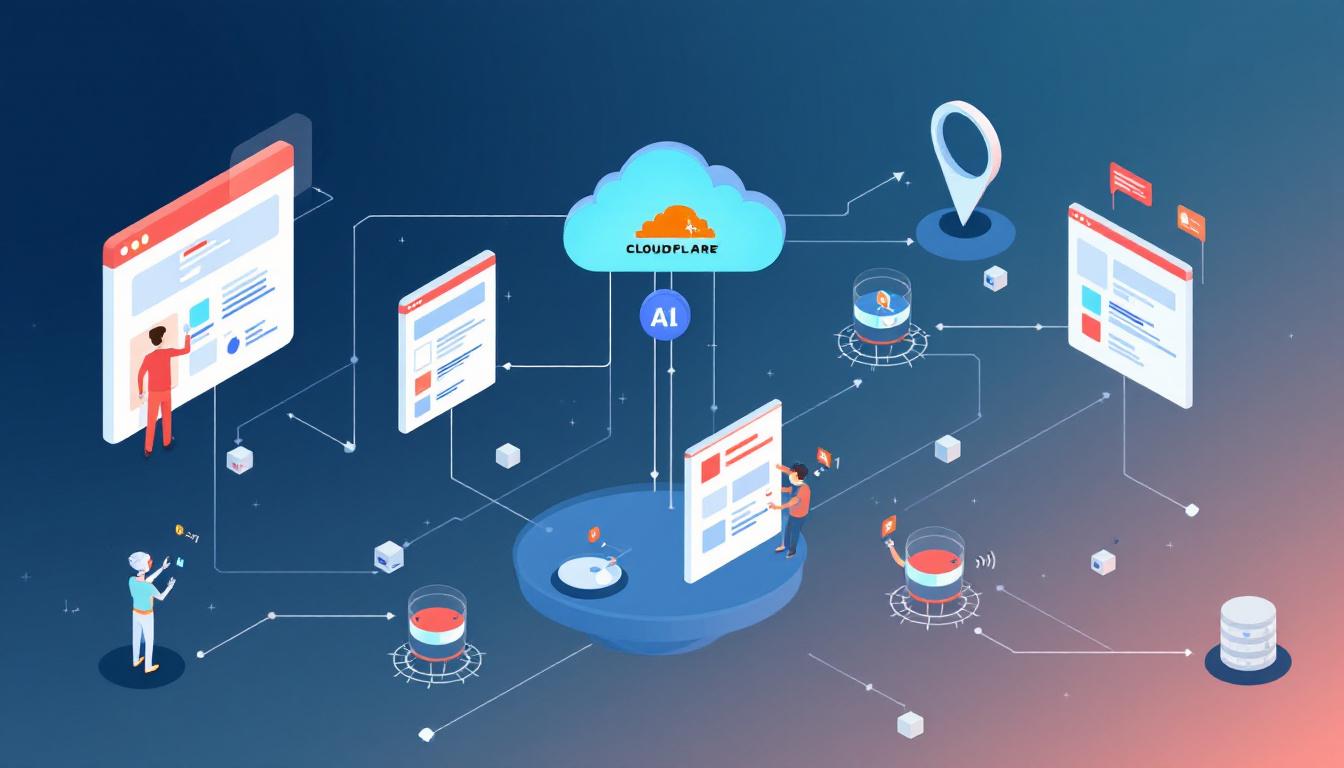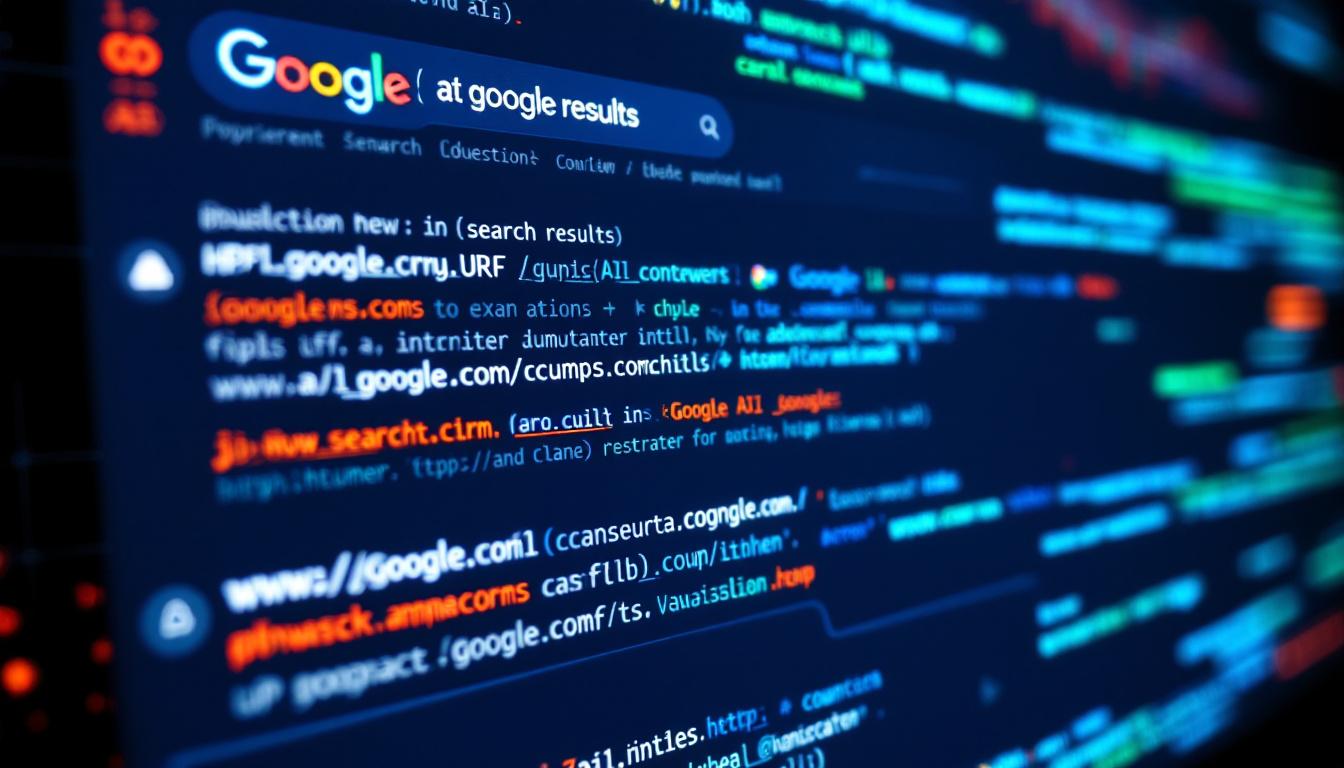In a recent discussion on the Lex Fridman podcast, Google’s CEO Sundar Pichai addressed rising concerns about the company’s evolving search technologies.
SEMRush
SEMrush is a fantastic SEO tool that can be used to carry out keyword research, including tracking the keyword strategy of your competitors.
He was frequently pressed to clarify Google’s stance on maintaining the web ecosystem amidst the transformative influence of artificial intelligence on search operations.
Pichai Reaffirms Commitment to the Human-Created Web
During the interview, Fridman challenged Pichai on whether Google’s AI-enhanced Search will continue to direct users to human-generated web content.
Pichai firmly stated that supporting the web ecosystem remains a core design principle for the company.
Fridman’s Question on AI Mode Directing to the Web
Fridman probed whether the integration of AI into search would still direct users to the broader web.
“And the idea that AI mode will still take you to the web, to the human-created web?”
Pichai Reiterates Core Design Principle
Pichai responded by highlighting Google’s dedication to supporting the web ecosystem.
“Yes, that’s going to be a core design principle for us.”
Fridman’s Concerns on Publisher Nervousness
Fridman expressed worries about the unease among web creators and journalists due to the changes.
“It makes the humans that create the web nervous.
The journalists are getting—they’ve already been nervous.”
Pichai on News and Journalism’s Role
Addressing the concern, Pichai underscored the significance of news and journalism in Google’s future plans.
“Look, I think news and journalism will play an important role, you know, in the future we’re pretty committed to it, right?
And so I think making sure that ecosystem… In fact, I think we’ll be able to differentiate ourselves as a company over time because of our commitment there.
So it’s something I think, you know, I definitely value a lot and as we are designing we’ll continue prioritizing approaches.”
Pichai Labels AI as the Future Evolution of Search
Pichai elaborated on the role of artificial intelligence in transforming search capabilities, describing AI-driven search as an inevitable progression for the industry.
Positive User Metrics for AI-Driven Search
Pichai shared that user interactions with AI-powered search are showing promising trends.
“The user metrics of AI search are encouraging,” he stated, referring to it as the “next chapter of search.”
AI Search Compared to Previous Algorithm Updates
He compared the impact of AI search to significant historical updates in Google’s search algorithms.
He noted that while past updates like Florida, Penguin, and Medic brought substantial changes, the introduction of AI Overviews and AI Mode represents a more ambitious and consequential shift for the human-created web.
Industry Expert’s View on AI as a New Era in Search
An industry veteran commented on the magnitude of Google’s AI integration into search.
Speaking as someone with over 25 years in search marketing, the expert suggested that Pichai might be downplaying the extent, proposing that Google AI Search could signify an entirely new chapter rather than just a continuation.
Enhancing Search with Increased Contextual Understanding
Fridman remarked on Google’s traditional search layout, prompting a discussion on the platform’s evolution towards providing more contextual information.
Transition from Traditional Blue Links
Fridman noted that Google once was renowned for its simplistic interface featuring ten blue links.
He commented, “Google was legendary for its simple layout and the ten blue links, saying that Google is starting to ‘mess with that’ and that surely there must have been battles within Google about that.”
Pichai Explains the Shift to Mobile and Enhanced Context
Pichai clarified the reasons behind moving away from the traditional layout, highlighting technological advancements and user expectations.
“Look… in some ways when mobile came… people wanted answers to more questions, so we’re …constantly evolving it.
But you’re right, this moment, …that evolution, because underlying technology is becoming much more capable.
You can have AI give a lot of context.”
Balancing AI Context with Web Exploration
He emphasized that despite the added AI context, users would still explore the web through links.
“But one of our important design goals though, is when you come to Google search.
You’re going to get a lot of context. But you’re going to go and find a lot of things out on the web. So that will be true in AI mode.
In AI overviews and so on.”
Integrating AI as a Contextual Layer
Pichai described AI as a supplementary layer that provides summaries and facilitates dialogue.
“But I think to our earlier conversation, we are still giving you access to links, but think of the AI as a layer which is giving you context summary.
Maybe in AI mode you can have a dialogue with it back and forth on your journey. But through it all, you’re kind of learning what’s out there in the world.
So those core principles don’t change, but I think AI mode allows us to push… we have our best models there, models which are using search as a deep tool.”
Redefining Advertising within AI-Enhanced Search
The conversation shifted to how advertising is being integrated into Google’s AI-driven search experience.
Viewing Ads as Relevant Content
Google is reconceptualizing advertising to align with user interests within the AI context.
Pichai explained that advertising is treated not as an interruption but as content that is pertinent to users based on their interests.
Focusing on Organic User Experience
Initially, Google is prioritizing the organic aspects of the AI mode search experience.
“Two things.
Early part of AI mode will obviously focus more on the organic experience to make sure we are getting it right,” Pichai stated.
Integrating Commercial Information with Context
He discussed how AI can enhance the presentation of commercial information within search results.
“I think with AI mode, to our earlier conversation, I think AI itself will help us over time, figure out the best way to do it.
Given we are giving context around everything, I think it will give us more opportunities to also explain, okay, here’s some commercial information.”
Adapting to Businesses’ Connection with Users
Pichai highlighted that the fundamental need for businesses to connect with users remains unchanged.
“The underlying need of people value commercial information.
Businesses are trying to connect to users. All that doesn’t change in an AI moment. But look, we will rethink it.”
Future of AI Mode: Supplement or Replacement for Traditional Search Interfaces?
Fridman inquired whether AI Mode might eventually become the sole interface for accessing the internet through Google search.
Pichai’s Vision for AI Mode Integration
Pichai outlined Google’s strategy for gradually incorporating AI Mode into the main search experience.
“Our current plan is AI Mode is going to be there as a separate tab for people who really want to experience that, but it’s not yet at the level where our main search pages, but as features work, we’ll keep migrating it to the main page.
And so you can view it as a continuum.”
AI Providing Cutting-Edge Search Experiences
He emphasized that AI Mode offers users access to the latest search technologies while maintaining traditional search functionalities.
“AI model offer you the bleeding edge experience.
But things that work will keep overflowing to AI Overviews in the main experience.”
Key Takeaways
The discussion reveals a complex landscape where Google aims to balance AI advancements with support for the human-created web.
Publisher Concerns Amid AI-Driven Search
Fridman’s questions reflect widespread apprehensions among web publishers regarding Google’s shift towards AI-based results.
The concerns echo the sentiments of many publishers who fear that Google’s focus on answering queries directly might reduce traffic to their websites.
Google’s Stance on Web Ecosystem Support
Despite assurances from Pichai, practical challenges persist in Google’s implementation of AI-driven search.
Pichai reiterated Google’s intention to continue directing users to the human-created web, suggesting that AI provides additional context that encourages deeper exploration.
Challenges with Referral Tracking for Publishers
Google’s delayed implementation of features for publishers to track referrals from AI Overviews and AI Mode exacerbates skepticism.
This delay gives the impression that publishers are not a priority, fueling doubts about Google’s commitment to the web ecosystem.
Need for Proactive Measures from Google
While Pichai’s declarations are positive, concrete actions are necessary to restore trust among web publishers.
Overcoming the negative perceptions will require Google to demonstrate tangible support and effective collaboration with content creators.
The Bottom Line
The discussion between Lex Fridman and Sundar Pichai underscores the tension between advancing AI technologies and sustaining the human-created web.
While Pichai remains committed to supporting the web ecosystem, practical hurdles and delays in implementing supportive features for publishers suggest that Google’s future actions will be pivotal in shaping the balance between AI-driven search innovations and traditional web content engagement.
To build lasting trust with web publishers, Google must move beyond verbal assurances and take definitive steps to integrate and value the contributions of the human-created web within its evolving search paradigm.
